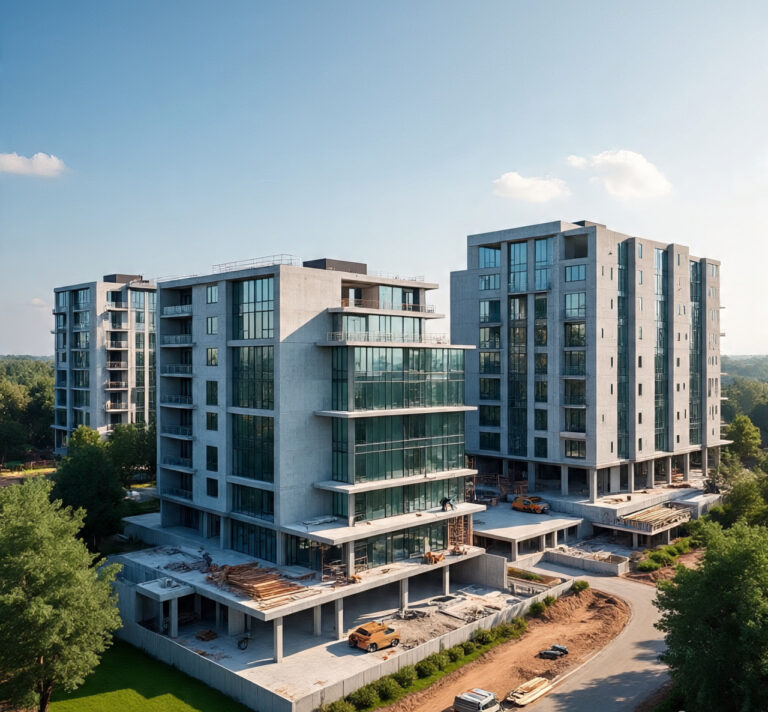To protect the interests of homebuyers, the Supreme Court has mandated that all residential real estate transactions for new housing projects must be registered with local revenue authorities once the buyer/allottee has paid a minimum of 20% of the property’s cost.
Additionally, the Court specified that contracts which significantly diverge from the Model RERA Agreement to Sell, or those that include returns/buyback clauses for allottees aged over 50, must be accompanied by an affidavit sworn before the appropriate Revenue Authority, confirming that the allottee comprehends the associated risks.
This directive was issued by a bench consisting of Justice JB Pardiwala and Justice R Mahadevan while affirming an NCLAT ruling that dismissed insolvency petitions filed by speculative buyers against a housing project.
To safeguard the interests of homebuyers, the Court instructed:
“Every residential real estate transaction for new housing projects shall be registered with local revenue authorities upon payment of at least 20% of the property cost by buyer/allottee. Furthermore, to protect senior citizens and genuine homebuyers, contracts that significantly deviate from the Model RERA Agreement to Sell, or that incorporate returns/buyback clauses for allottees over the age of 50, must be supported by an affidavit sworn before the competent Revenue Authority, certifying that the allottee understands the attendant risks.”

The Court also directed:
“In projects that are in the early stages, such as those where land has not yet been acquired or construction has not yet begun, funds from allottees must be placed in an escrow account and released in phases that correspond with project progress, according to a RERA-sanctioned Standard Operating Procedure (SOP). Every RERA is required to develop such SOPs within six months from today.”
The right to shelter is a Constitutional right.
By declaring that the “right to housing is not merely a contractual entitlement but a component of the fundamental right to life under Article 21”, the Court instructed the Union Government to contemplate the establishment of a revival plan.


